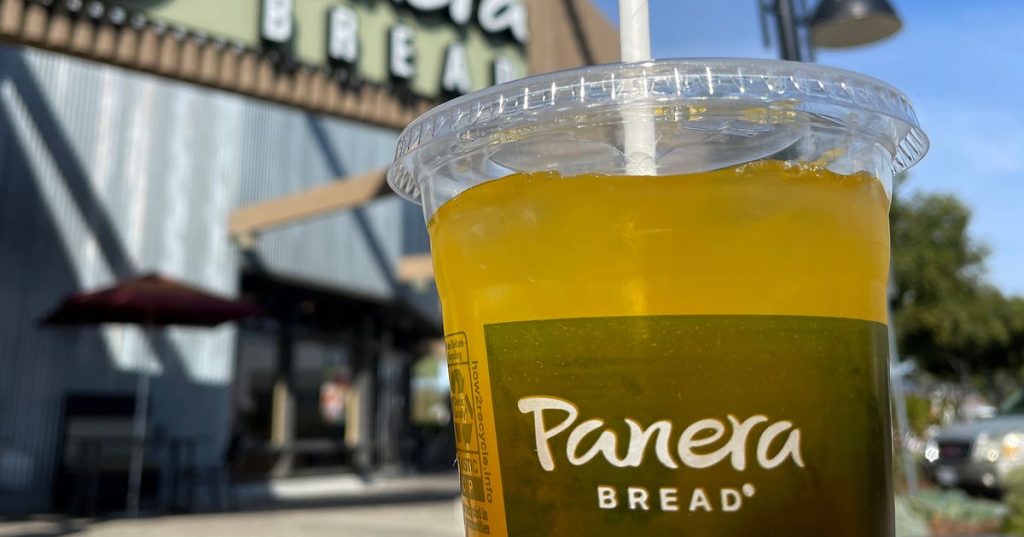The controversial Charged Sips released by Panera contained varying amounts of caffeine, ranging from 155 to 302 milligrams. This discrepancy in caffeine levels has sparked controversy among consumers and health experts alike. The discrepancy in caffeine levels could potentially have harmful effects on individuals who may be sensitive to caffeine or have underlying health conditions. It is important for consumers to be aware of the caffeine content in these beverages and make informed choices based on their own health needs. Panera has stated that they are working to address this issue and ensure that their products are accurately labeled in the future.
The varying caffeine levels in Panera’s Charged Sips have raised concerns about the transparency and accuracy of labeling in the food and beverage industry. Consumers rely on accurate labeling to make informed decisions about the products they consume, especially when it comes to potentially harmful substances such as caffeine. The discrepancy in caffeine levels in these beverages highlights the need for stricter regulation and oversight in the food and beverage industry to ensure that companies are providing accurate information to consumers. This incident serves as a reminder of the importance of transparency and accountability in the production and labeling of food and beverages.
Health experts have expressed concerns about the potential health risks associated with consuming high levels of caffeine, especially for individuals with underlying health conditions or sensitivities to caffeine. Excessive caffeine consumption can lead to a variety of negative effects, including increased heart rate, anxiety, and insomnia. It is important for consumers to be aware of the caffeine content in the products they consume and to make choices that align with their own health needs and preferences. Panera has stated that they are committed to addressing this issue and ensuring that their products are accurately labeled in the future to protect the health and safety of their customers.
The controversy surrounding Panera’s Charged Sips highlights the importance of transparency and accountability in the food and beverage industry. Companies have a responsibility to provide accurate information to consumers about the products they sell, including the ingredients and nutritional content. Consumers rely on this information to make informed choices about their diets and health, and inaccuracies or discrepancies in labeling can have serious consequences. The incident with Panera’s Charged Sips serves as a wake-up call for the industry to prioritize transparency and accuracy in product labeling to protect the health and well-being of consumers.
In response to the controversy, Panera has stated that they are taking steps to address the issue of varying caffeine levels in their Charged Sips beverages. The company has stated that they are working to ensure that their products are accurately labeled in the future, and that they are committed to transparency and accountability in their labeling practices. Panera’s response to the issue demonstrates a willingness to acknowledge and rectify mistakes, and a commitment to providing accurate information to their customers. It is important for companies in the food and beverage industry to prioritize consumer safety and well-being by providing accurate and transparent labeling on their products.
Overall, the controversy surrounding Panera’s Charged Sips serves as a cautionary tale about the importance of transparency and accuracy in product labeling in the food and beverage industry. Consumers rely on accurate information to make informed choices about the products they consume, and discrepancies in labeling can have serious consequences for their health and well-being. Companies have a responsibility to provide accurate and transparent information to consumers about their products, and incidents like this highlight the need for stricter regulation and oversight in the industry. It is crucial for companies to prioritize consumer safety and well-being by ensuring that their products are accurately labeled and that they are held accountable for any discrepancies or inaccuracies.


